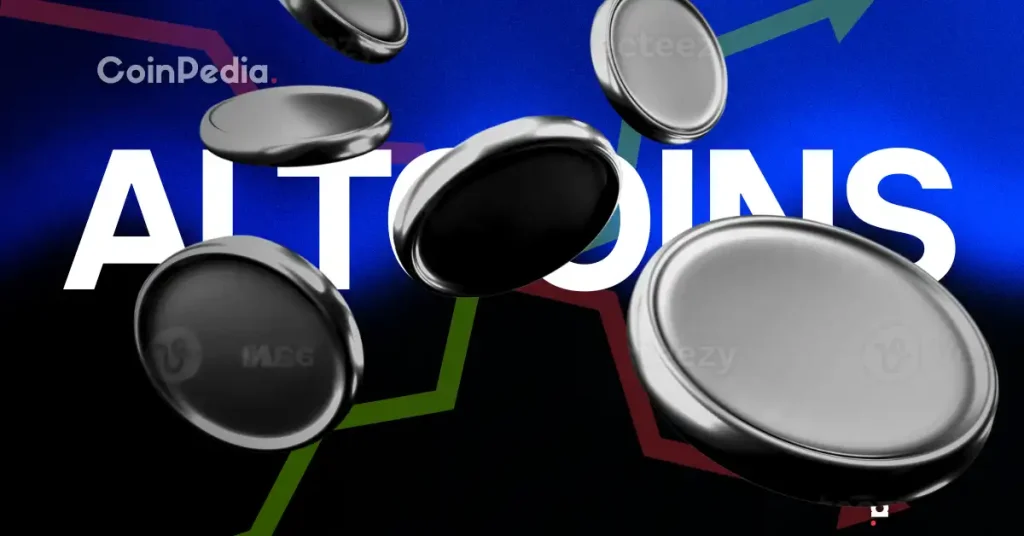A heated dispute has erupted following critical remarks made by Caitlin Long, the CEO of Custodia Bank, regarding Ripple‘s network, XRP Ledger. In a recent podcast appearance, Long described XRP Ledger as both centralized and outdated. Meanwhile, Ripple’s Chief Technology Officer, David Schwartz, challenged these assertions by highlighting the decentralized nature of the XRP Ledger while referencing the securement of 55 billion XRP into escrow back in 2017.
Is XRP Ledger Truly Centralized?
According to Caitlin Long, banks have habitually doubted the XRP Ledger’s potential due to its alleged centralized structure. Long criticized Ripple’s decade-long efforts, claiming they have not succeeded in establishing a global payment standard. The pre-mined 100 billion XRP coins—with founders having 20 billion and 55 billion locked in escrow since 2017—trigger transparency issues. These concerns, alongside the 2020 SEC lawsuit, remain at the core of the centralization debate.
Further, Long accused Ripple of acknowledging their foundational challenges as evidenced by their delayed launch into the stablecoin market with the RLUSD. Considering that the RLUSD exists mainly on Ethereum, questions about XRP Ledger’s initial goals linger. Additionally, skepticism from prominent financial bodies further impedes XRP Ledger’s evolution as a transformative force in digital payments.
How Does Schwartz Address Criticism?
To counter these critiques, David Schwartz used social platforms to engage with the community, inviting open discussions anchored in factual understanding. He emphasized that most validators work independently from Ripple and that XRP’s initial lack of value influenced its early distribution. Furthermore, Schwartz mentioned that the RLUSD was developed to illustrate the ledger’s smart contract potential, with some speculating this might lead Long to engage in a direct debate.
While some community members dismiss Long’s views, arguing that Ripple’s banking integration efforts face regulatory hurdles, others remain curious about Schwartz’s stance on the founders’ XRP holdings if public discourse arises.
As scrutiny intensifies, these discussions highlight the following critical points:
- Ripple’s delay in entering the stablecoin arena with RLUSD raises questions about initial strategy.
- The significant XRP holdings claimed by its founders provoke concerns over decentralization.
- Dialogue between Ripple proponents and critics is seen as essential to dispel centralization theories.
Ripple and its community remain vigilant as debates surrounding XRP Ledger’s decentralization continue, underscoring the complexities and challenges faced in a rapidly evolving crypto environment. With public discussions gaining momentum, many anticipate further developments in Ripple’s journey within the digital assets sphere.
Disclaimer: The information contained in this article does not constitute investment advice. Investors should be aware that cryptocurrencies carry high volatility and therefore risk, and should conduct their own research.
















 English (US)
English (US)